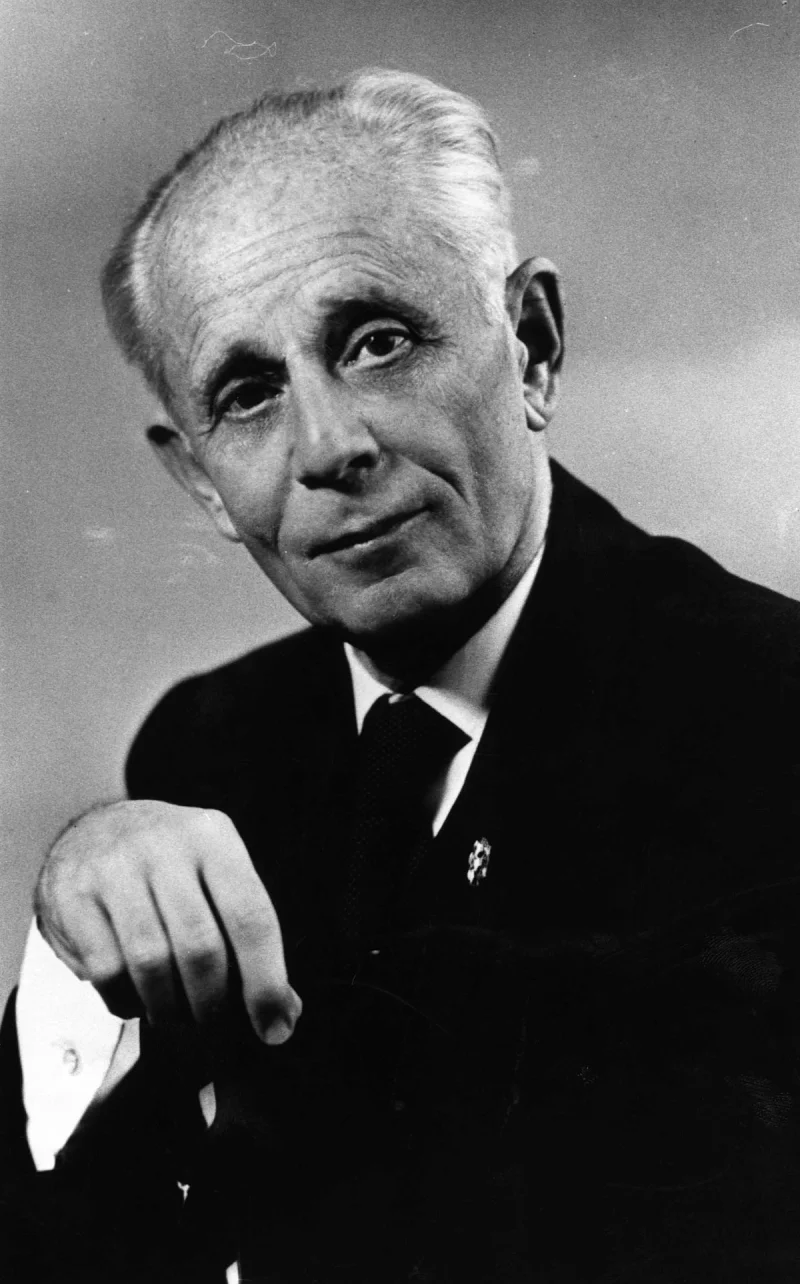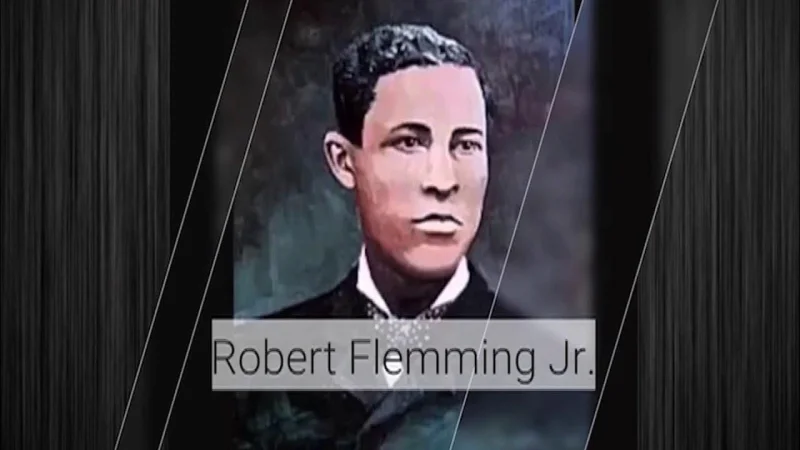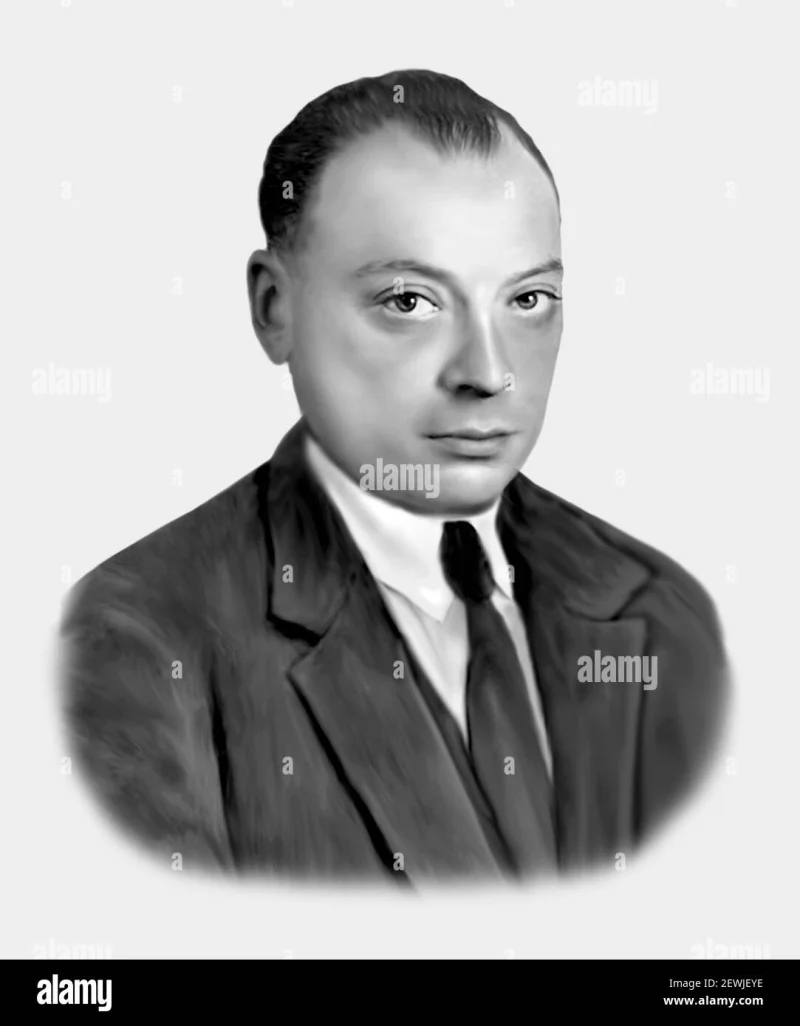Short Summary
Hans Selye was a pioneering endocrinologist and the father of stress research. He is best known for developing the concept of the General Adaptation Syndrome, which describes the body's response to stress. His work laid the foundation for modern stress research and significantly influenced both medical and psychological disciplines. His insights into stress and its effects on the body and mind have helped shape health care practices and public awareness around the world.
Early Life & Education
Hans Selye was born on January 26, 1907, in Vienna, Austria-Hungary, to a Hungarian family. His father was a surgeon, which exposed him to the medical field from a young age. Selye pursued his education at the German University in Prague, where he earned his MD in 1929. He then continued his studies at the University of Paris and later obtained a PhD in chemistry from the University of Rome. His multicultural background and diverse educational experiences greatly influenced his scientific approach and worldview.
Career Highlights
Selye's career began with his appointment as a research professor at McGill University in Canada, where he conducted groundbreaking research on stress. In 1945, he joined the University of Montreal, where he established the Institute of Experimental Medicine and Surgery. Throughout his career, he published more than 1,700 scientific papers and 39 books on stress and its implications. His most notable work, "The Stress of Life," popularized the concept of stress and brought it into public consciousness, significantly influencing both the medical community and general public.
Major Achievements
- Developed the General Adaptation Syndrome, detailing the body's response to stress.
- Published "The Stress of Life," which popularized the concept of stress and its effects.
- Established the Institute of Experimental Medicine and Surgery at the University of Montreal.
- Published over 1,700 scientific papers and 39 books.
- Received numerous awards, including the Canadian Medical Association Medal of Honour.
Famous Quotes
- "Adopting the right attitude can convert a negative stress into a positive one."
- "It’s not stress that kills us, it is our reaction to it."
Interesting Facts
- Selye's work on stress was initially met with skepticism but eventually gained widespread acceptance.
- He is considered one of the most frequently cited scientists in the field of stress research.
- Despite his scientific achievements, Selye never received a Nobel Prize, though he was nominated several times.
- He coined the term "stress," which has since become a part of everyday language.
- Selye's research shifted the focus from disease treatment to disease prevention in medicine.
Legacy / Influence
Hans Selye's work has had a lasting impact on the understanding of stress and its implications for health. His pioneering research laid the groundwork for modern stress management techniques and has been instrumental in shaping the fields of psychology, endocrinology, and medicine. His legacy continues to influence stress research and public health strategies worldwide, emphasizing prevention and holistic approaches to well-being.
FAQ
Q: Why is Hans Selye famous?
A: Because of his groundbreaking research on stress and the development of the General Adaptation Syndrome.
Q: What was Hans Selye's most famous book?
A: "The Stress of Life," which popularized the concept of stress.
Q: Did Hans Selye win a Nobel Prize?
A: No, despite being nominated several times, he never received a Nobel Prize.
Q: How did Hans Selye contribute to medicine?
A: He shifted the focus from disease treatment to prevention, influencing modern healthcare practices.












